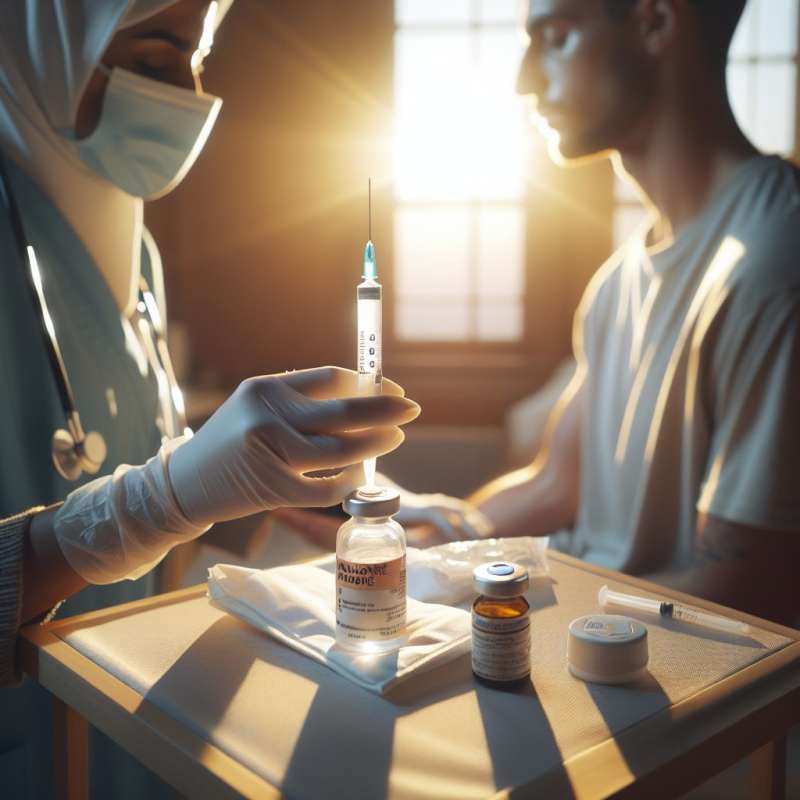
Introduction to Emergency Pharmacology
Emergency pharmacology encompasses drugs used in life-threatening situations. It requires rapid decision-making to administer the appropriate medication under stress, often with limited information about the patient's medical history.
Adrenaline: Rapid Response
Adrenaline is crucial for anaphylactic shock and cardiac arrest. It stimulates the heart and reverses hypotension. Intramuscular injection is preferred for anaphylaxis, while intravenous delivery is used during resuscitation.
Antidotes for Poisoning
Specific antidotes can be life-saving in poisonings. Naloxone reverses opioid overdoses, Atropine treats organophosphate poisoning, and Activated charcoal can absorb ingested toxins, mitigating their effects if administered promptly.
Benzodiazepines in Seizures
Benzodiazepines, like Diazepam or Lorazepam, are first-line treatments for acute seizures. They enhance GABA in the brain, stabilizing neuronal activity and preventing seizure propagation.
Thrombolytics: Clot Busters
Thrombolytic agents like Alteplase dissolve blood clots in ischemic strokes or myocardial infarction. Time is critical; they're most effective when administered within a narrow window after symptom onset.
Analgesics in Trauma
Morphine and Fentanyl are powerful analgesics for severe pain in trauma patients. They must be used judiciously to avoid respiratory depression, particularly in patients with compromised airways.
Asthma: Bronchodilators' Role
Short-acting bronchodilators like Salbutamol are essential for acute asthma exacerbations. They rapidly relax constricted airway muscles, providing quick relief from respiratory distress.
What is emergency pharmacology?
Chronic disease medication
Over-the-counter drug use
Life-threatening situation drugs
Company